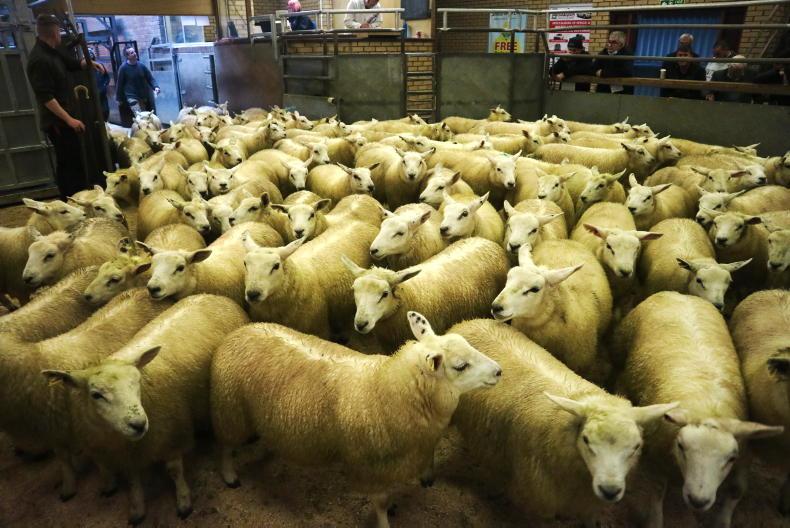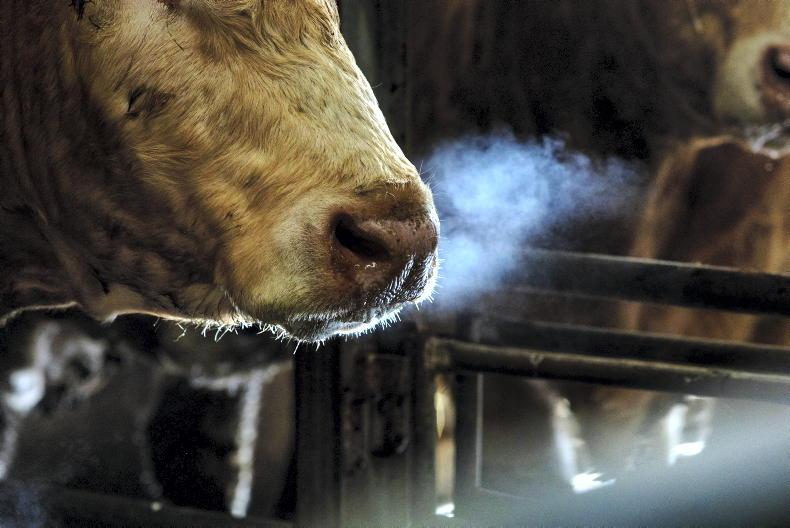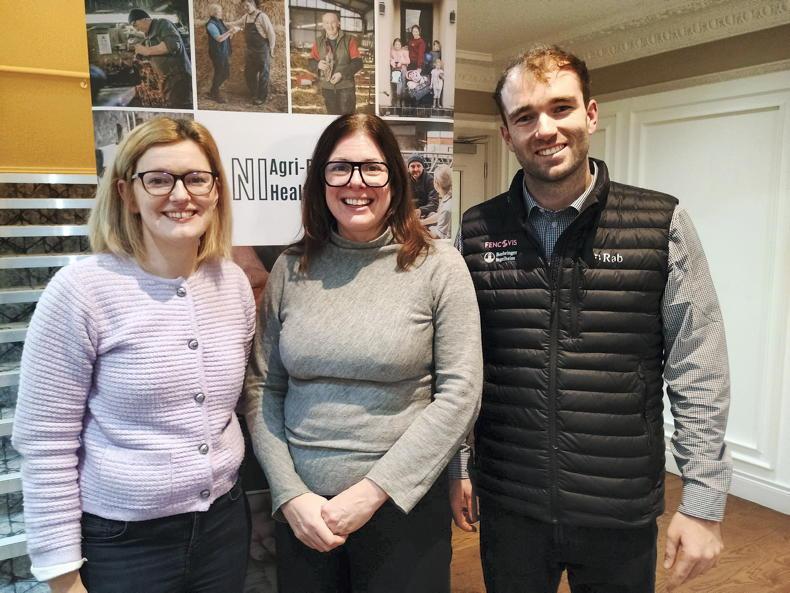In one of his final duties as minister of agriculture in Northern Ireland, Edwin Poots presented the long-awaited strategy for the eradication of bovine TB in the province.
Addressing the Stormont Assembly, Poots outlined a three-point plan that permits culling of wildlife, namely badgers, in TB hot-spot areas, if there is clear evidence of transmission to cattle.
Acknowledging the topic is highly emotive, Minister Poots said the final decision had not been easy to reach, but with bovine TB set to cost close on £50m this year, £27m of which will be paid out as compensation on reactor animals, he said continued inaction can no longer be justified.
The minister stated that DAERA vets have consulted at length with other UK jurisdictions and authorities in the Republic of Ireland where such intervention strategies have seen a significant drop in TB incidence.
DAERA control
DAERA will oversee any culling of wildlife and only trained, highly-skilled operatives will be licensed to carry out the removal of animals infected with TB.
The cost to implement any such cull will be borne by industry, not public funds, according to the minister.
It is hoped that a vaccination programme within wildlife can be implemented as soon as there are clear signs that bovine TB is in decline, ceasing the need for further culling.
Compensation
The minister also stated that plans to cap TB compensation at £5,000 and reducing the payment rate below 100% of market value will be delayed for two years from when the eradication programme begins.
Read more
Over 70% of farmers to cut back on fertiliser use
This is not the climate for a free pass for farming
In one of his final duties as minister of agriculture in Northern Ireland, Edwin Poots presented the long-awaited strategy for the eradication of bovine TB in the province.
Addressing the Stormont Assembly, Poots outlined a three-point plan that permits culling of wildlife, namely badgers, in TB hot-spot areas, if there is clear evidence of transmission to cattle.
Acknowledging the topic is highly emotive, Minister Poots said the final decision had not been easy to reach, but with bovine TB set to cost close on £50m this year, £27m of which will be paid out as compensation on reactor animals, he said continued inaction can no longer be justified.
The minister stated that DAERA vets have consulted at length with other UK jurisdictions and authorities in the Republic of Ireland where such intervention strategies have seen a significant drop in TB incidence.
DAERA control
DAERA will oversee any culling of wildlife and only trained, highly-skilled operatives will be licensed to carry out the removal of animals infected with TB.
The cost to implement any such cull will be borne by industry, not public funds, according to the minister.
It is hoped that a vaccination programme within wildlife can be implemented as soon as there are clear signs that bovine TB is in decline, ceasing the need for further culling.
Compensation
The minister also stated that plans to cap TB compensation at £5,000 and reducing the payment rate below 100% of market value will be delayed for two years from when the eradication programme begins.
Read more
Over 70% of farmers to cut back on fertiliser use
This is not the climate for a free pass for farming










SHARING OPTIONS